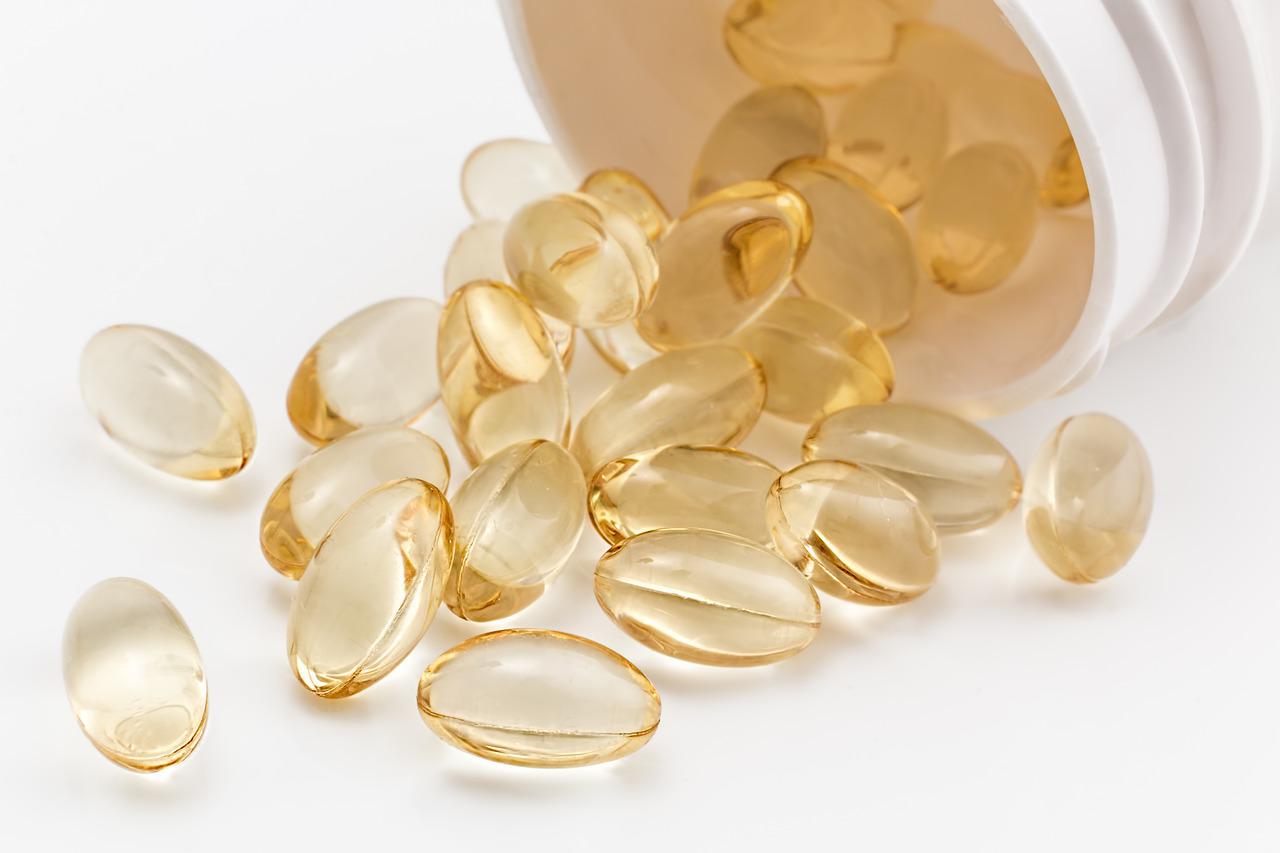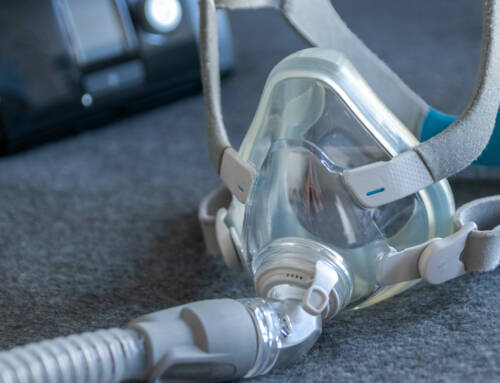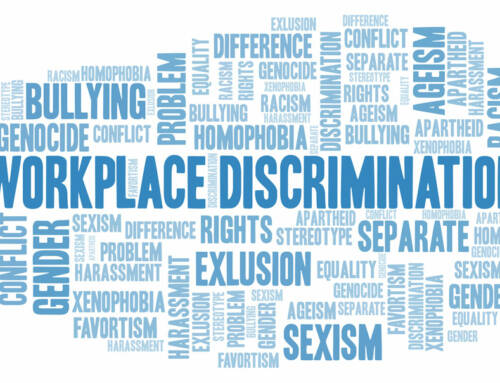Since the start of the pandemic in 2019, poisoning incidents involving melatonin have increased by 600 percent, indicating that there may be contamination in the supply chain and that people may be using it incorrectly. Melatonin is a hormone the body produces in response to darkness, and it’s commonly used in sleep aids. For dietary supplements, melatonin is either extracted from animals or microorganisms, or it’s made synthetically.
The most reasonable explanation for the increase in poisoning is the stress and unstructured schedule we all experienced during the pandemic, leading to increased use. Having coronavirus, experiencing lockdowns, and dealing with all the other stresses led to a dramatic shift in mental health, and sleeping habits suffered. According to the American Journal of Managed Care, 53 percent of people feel they spend less time sleeping versus before the pandemic, and 98 percent have developed new sleep problems.
The vast majority of melatonin-related hospital visits are the result of overdoses. That’s likely because people who are suffering from sleep problems turn to melatonin as an easily accessible, safe-seeming option without fully considering its potential to cause harm. Sometimes, that decision is made in consultation with a doctor, and sometimes it’s made without a doctor’s input. In either case, people begin a melatonin regimen without the proper caution, leading to an excessive dose.
Other poisoning incidents are caused by allergies, which could be avoided through consultation with a doctor, or by tainted products. As the demand for sleep aids has increased, so has the supply, and the quality of products on the market has deteriorated. Melatonin is not regulated by the FDA, so it’s easy for supplement manufacturers or cannabis processors to produce melatonin sleep aids, even if they don’t have in place the product-safety protocols that a consumer would assume to exist.
If you’re taking, or considering taking, melatonin as a sleep aid, it’s important to consult with a doctor, not just about the regimen but about the actual products you’re planning to use. That will significantly reduce the risk of overdose or an allergic reaction. If you’ve had a melatonin-related poisoning incident, speaking with a personal injury lawyer about your experience can help you assess whether your doctor, or the product manufacturer, bears some of the blame.






